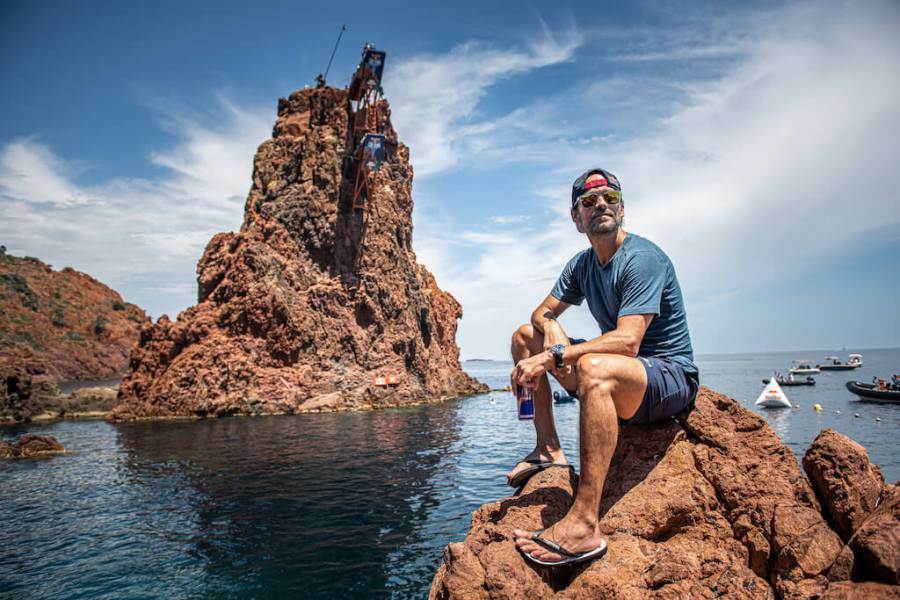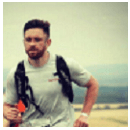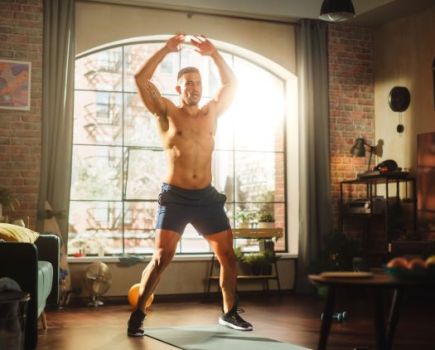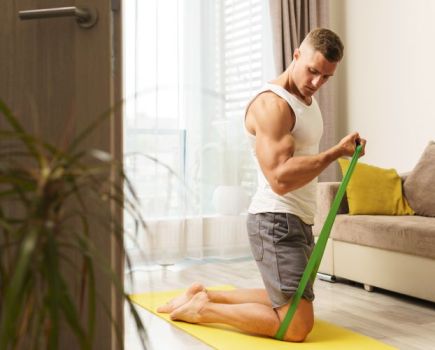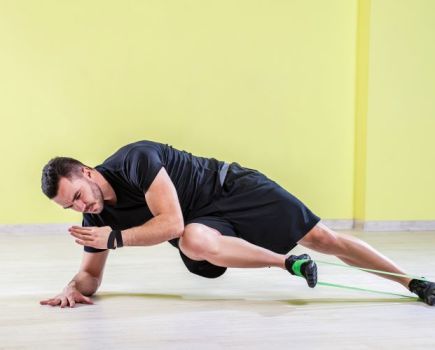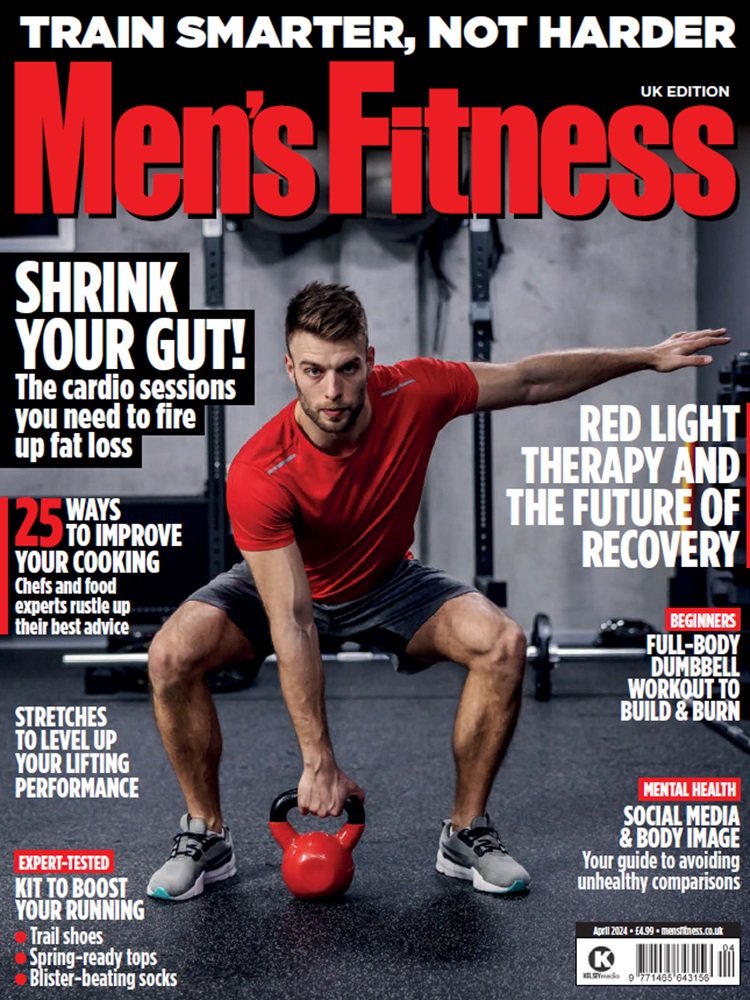At the top of his game for over 20 years, champion cliff diver Orlando Duque started out in swimming pools before the lure of the wild called him to swap the sanitised version of watersports for the wild outdoors.
Over the course of his career, Duque – aka ‘The Duke’ – has amassed 13 world titles, two entries in the Guinness World Records, and a 34m dive off a bridge in Italy (his highest to date).
There’s also the small matter of a crocodile-infested dive in Australia, which he undertook partly as a way to raise awareness of the sport – and also because Duque’s MO is very much of the “why not?” variety.
An outdoors man to the core, green issues are at the heart of his approach to diving and his work with the Clean Cliffs Project is an example of that. Like he says, “Plastic is impacting the water so much and without water we have nothing.”
Here, the Colombian explains what drives him to dive, how he prepares both physically and mentally, and his hopes for the future of cliff diving.
View this post on Instagram
How do you psych yourself up to dive…do you need to?
Just thinking about the dive gets me excited. Knowing that I’m testing myself, working around the take-off point, finding the best way to jump off, and checking every single detail of the dive.
All of that keeps me wanting more. I think it is necessary to psych myself up to make sure I’m ready and concentrated.
How do you prepare physically?
The preparation has several layers. First I need a regular fitness routine: running, biking, swimming, rowing, any kind of cardiovascular training.
Then there is a strength component, so I do squats, deadlifts, strict press, bench press and hanging pulls. After that, jumping hurdles to transfer the power.
For diving there is more technical training done at the pool. There we do all the repetitions of the dive and work on water-entry positions. I alternate the strength days with co-ordination and more cardio, and finally some mental training like visualisation and breathing.
Have there been any dives you’ve gone into thinking, I don’t know if I’m going to make this?
A lot of times that happens, but I just have to know I’m prepared to do the dive. My brain is trying to protect me and I have to convince myself I’m ready.
In Antarctica that happened. It helps me check around everything and make sure all the safety issues have been covered for a successful dive.
What would you be doing if you weren’t a cliff diver?
Probably something that makes my blood pump and my heart beat faster. It would have to be some action sport, maybe motorsports. I have always been attracted to that.
How has cliff diving affected your relationship with nature?
It creates a really nice relationship: I always say I need a high place and some deep water and I’m ready to go. Nature provides that, and those situations are when I feel more connected with both my sport and with nature. Feeling my feet on the rocks looking at the blue-green water of the sea. Working just with my body to perform the dive. You reach a balance between your body, your mind and nature all working together.
There hasn’t been a competition for 21 months – how did you get your kicks in lockdown?
Loads of training at home and making plans for when things will reopen. We managed to plan some projects at Iguazu Falls [in Argentina] and also here in Colombia – but it was really tough because I’m used to travelling all the time and being outside. Having to isolate was difficult. My mental training helped me manage some of the stress generated during lockdown.
You’ve done some pretty crazy dives, and been at the top of the game for 20+ years. What’s next?
I want to keep diving more, as there are still some spots that I want to jump off before I hang my bathing suit. Also working together with other divers to push the sport forward. We are making a lot of progress but there is still a lot to be done.
I’m working with some of the young divers to help them progress in their careers, and also helping them to avoid some of the mistakes we made.
View this post on Instagram
How do you see the future of cliff diving? Would you like to see it become an Olympic sport?
I think our sport has everything needed to become Olympic, and a big part of my work and energy is going towards that. I am a member of the athletes’ committee at FINA [Fédération Internationale de Natation, which administers water-based Olympic sports] and together with Red Bull I think we are doing everything possible to show our sport at its best. Hopefully the IOC sees it the same way.
You’re clearly not scared of heights, but does anything frighten you?
I’m not scared of heights, but I am scared of the impact with the water after a dive! I hit the water at about 85km/h and even a very small mistake is going to hurt – a big mistake could be deadly. Being aware of that keeps me on my toes.
The Red Bull Cliff Diving World Series in underway now, with the next stage in Oslo on 14 August. Watch Duque explain what it’s like to dive into crocodile-infested waters here: youtube.com/watch?v=9CioZiMQU7M
Interview: Phil Rhys Thomas

